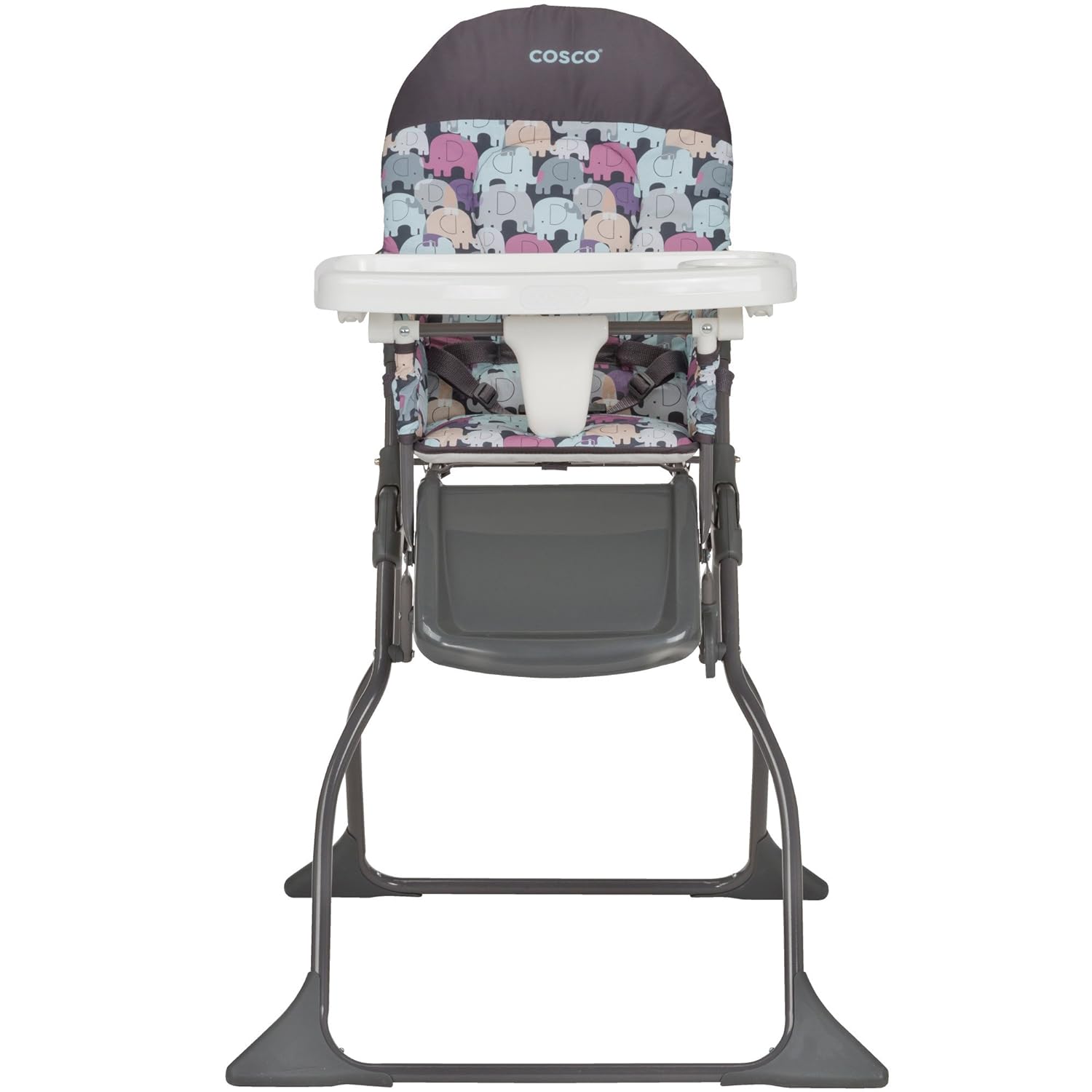Feeding a baby can be a challenging and worrisome task for parents. Babies refusing to eat is a common concern and can lead to stress and frustration. However, understanding the reasons behind this behavior can help alleviate concerns and guide parents toward appropriate solutions. Various factors can contribute to a baby's refusal to eat, including developmental stages, health issues, environmental factors, and psychological influences.
Helpful Products You Might Like

Bumkins Bibs

Simple Fold High Chair

Baby Feeding Set
"(Paid Links)" 
Developmental Stages
Teething:
Teething is a significant developmental milestone that can cause discomfort and pain in babies. The eruption of new teeth can make a baby's gums sore and sensitive, leading to a reluctance to eat. During teething, babies may prefer softer foods and might be fussy about eating solid foods that require chewing.
Growth Spurts:
Babies go through rapid growth spurts during their first year of life. These growth spurts can affect their appetite. During some phases, a baby might eat less due to decreased hunger, while at other times, they may exhibit an increased appetite. Understanding that fluctuations in appetite are normal during growth spurts can help parents manage feeding expectations.
Health Issues

Illness:
When a baby is unwell, their appetite can significantly decrease. Common illnesses like colds, ear infections, or stomach bugs can cause discomfort, leading to a refusal to eat. In such cases, it's essential to keep the baby hydrated and offer small, frequent feedings to ensure they receive adequate nutrition while they recover.
Food Allergies and Intolerances:
Food allergies or intolerances can cause discomfort and digestive issues in babies, leading them to refuse certain foods. Symptoms such as rashes, vomiting, diarrhea, or colic may indicate a food allergy or intolerance. If a food allergy is suspected, consulting a pediatrician for appropriate testing and dietary adjustments is crucial.
Reflux:Gastroesophageal reflux (GER) is a common condition in babies where stomach contents flow back into the esophagus, causing discomfort and sometimes pain. This condition can make feeding unpleasant, leading to a refusal to eat. Managing reflux often involves feeding smaller amounts more frequently and keeping the baby upright after feeding.
Environmental Factors

Distractions:
A stimulating environment with too many distractions can interfere with a baby's focus during mealtime. Loud noises, bright lights, or the presence of electronic devices can divert a baby's attention away from eating. Creating a calm and quiet feeding environment can help the baby concentrate on their meal.
Routine Changes:
Babies thrive on routine, and any significant changes in their daily schedule can impact their eating habits. Moving to a new home, starting daycare, or a parent returning to work can disrupt a baby's routine and cause temporary feeding issues. Maintaining consistency and gradually introducing changes can help ease the transition.
Psychological Influences
Independence:
As babies grow, they begin to develop a sense of independence and may want to assert control over their eating habits. This can manifest as a refusal to eat certain foods or wanting to self-feed. Encouraging self-feeding and offering a variety of healthy options can help babies feel more in control and reduce mealtime battles.
Previous Negative Experiences:
If a baby has had a negative experience with a particular food, such as choking or gagging, they may develop a fear or aversion to eating. Building positive associations with mealtime and gradually reintroducing the feared food in a non-pressuring manner can help overcome this aversion.
Parental Anxiety:
Parents' anxiety around feeding can influence a baby's eating behavior. Babies are sensitive to their caregivers' emotions, and if a parent is overly anxious or forceful about feeding, the baby may respond with resistance. Adopting a relaxed and patient approach can create a more positive feeding environment.
Conclusion
Understanding the reasons why babies refuse to eat is essential for addressing feeding challenges effectively. Developmental stages, health issues, environmental factors, and psychological influences all play a role in a baby's eating behavior. By identifying the underlying causes and addressing them with appropriate strategies, parents can help ensure their baby receives the necessary nutrition for healthy growth and development. It's important to remember that occasional fluctuations in appetite are normal, and maintaining a calm and supportive approach can make mealtime a more pleasant experience for both baby and parent. If persistent feeding issues arise, consulting a pediatrician or a feeding specialist can provide further guidance and support.



